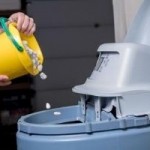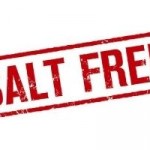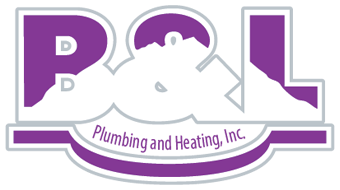Reasons To Install a Water Softener
There are many reasons to install a water softener in a home or business, and it’s important to grasp the symptoms and effects that hard water has on a plumbing system and appliances. Hard water has lots of hard minerals like calcium and magnesium in it. While water filtration will remove harmful bacteria and disease-causing organisms, calcium and magnesium are not harmful to drink. Still, they can be annoying and even shorten the life of appliances.
Either city water or well water can be hard, although well water tends to have a higher mineral content than city water since it comes straight out of the ground.
In this article, experts share helpful tips for homeowners to find their ideal unit.
The Benefits of Water Softeners

Hard water is full of minerals, and these minerals will build up in pipes, fixtures, appliances, and anywhere else that water is used. The minerals often leave a white scale on the surface of a faucet or in a sink. This can lead to serious build up over time, and if significant enough, can cause washing machines and dishwashers to break sooner than expected. Hard water will also leave spots and residue on dishes. Laundry can become stiff and not feel as clean as it should. Many people even experience dry, itchy skin or hair from hard water.
When any of the hard water symptoms are present, it’s time to consider a water softener! Water softeners can be installed for an entire house, effectively eliminating any issues that hard water causes. There are two main types of water softeners, salt-based and not salt-based.
How Do Salt-Based Water Softeners Work?
The first type of water softener is salt or sodium-based. These filters use sodium to remove excess mineral content. Because they fully remove the mineral build-up, these types of filters are the most effective, but there are still some things to consider. Salt filters exchange the ions holding the minerals and replace them with sodium ions instead. This does add salt to the water, but it does not change the taste or flavor of the water.
There is some concern over the fact that it increases the sodium level, but the amount it raises sodium is quite low and is generally not considered a health concern. Salt-based water softeners are the most common and effective treatment for hard water, but they require regular maintenance to function properly.
Understanding Salt-Free Water Softeners

There are two main types of salt-free softeners: potassium and magnetic. Magnetic softeners are not particularly effective. They remove impurities by passing the water through a magnetic field. This will temporarily remove impurities, but the minerals will work their way back into the system if the water sits for too long.
Potassium water softeners are the more common and effective variety of non-salt based softeners. They work by passing the water through potassium pellets, which crystallizes the minerals. This type of system is more of a conditioner than a softener - the minerals are still in the water; they are just less able to stick to pipes and fixtures.
Potassium-based systems require a bit less upkeep but aren’t as effective, and may allow some scale to build-up (although significantly less than not treating it period). When they do require maintenance, it usually costs more than a salt-based softener.
Ultimately either type of water softener will be a game-changer in the home. Deciding between salt or potassium-based softeners is up to the homeowner, but consulting with a good local plumber will often give better insight into exactly what works best in a given area.
Trust a Local Plumber
B&L Plumbing has been serving the Colorado Springs area since 1999. This veteran-owned company provides full plumbing services, with 24 hour service across Colorado Springs. They offer competitive rates and do not charge a fee for after-hours service.














